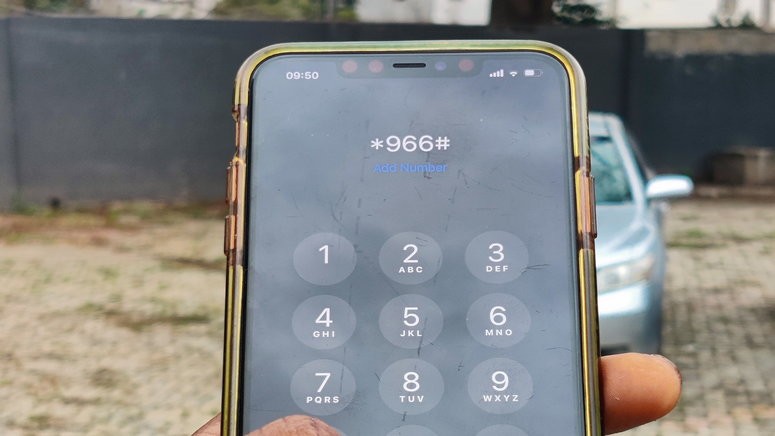EXPLAINER: What the newly-revised USSD service charge means for bank customers in Nigeria

The announcement was met with outrage from hundreds of Nigerians online who lamented about the numerous charges they already have to pay to financial institutions.
Bank customers use the USSD service, run by mobile network operators, to connect to deposit money banks and other financial institutions to execute transactions with short codes.
Network operators and financial institutions have been at loggerheads for years over the best pricing model for the service and sharing formula of the proceeds.
Under the old pricing model which was cancelled on Tuesday, customers were charged per session, with a session pegged at 20 seconds.
Financial institutions have been known to charge customers service fees, ranging from N10 to N50, for using USSD service, but network operators have complained about being starved their own cut of the pie.
Some operators have in the past directly charged their customers for USSD transactions by deducting from their available airtime even though it wasn’t allowed.
The NCC in 2019 briefly allowed this end-user billing model that allowed the operators to directly charge customers a minimum of ₦1.63 and a maximum of ₦4.86 per session (while banks also continued with their service charges), but this was soon cancelled in 2020 following outrage from Nigerians.
Under the new pricing model, charges will be collected directly from customers’ bank accounts on behalf of operators, and banks are not allowed to charge customers additional fees for using the USSD channel.
Tuesday’s announcement was the result of the intervention of the NCC following last week’s threat by mobile network operators to suspend the USSD service, alleging that financial institutions owe them over N42 billion in unpaid remittance of USSD charges.
The joint statement by the CBN and NCC said both parties will work out a settlement plan for outstanding payments due to network operators for USSD services, and put an end to their protracted conflict.
The two regulators also reminded Nigerians that might have a problem with the new pricing model that the USSD channel is optional and that they can use other channels such as mobile apps, internet banking, and ATMs for their financial transactions.

